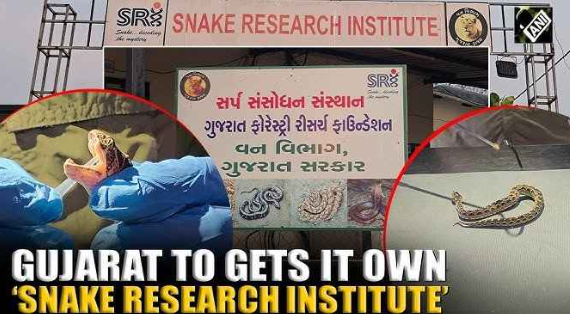
 New Delhi: Most diseases stealthily make way into your body and catch you unawares, hence have earned the nickname of being silent. You know it when they assume serious proportions. The best way to tackle them is to stop them in their track. Dr Aakar Kapoor, CEO and laed Medical Advisor and Founder of City X-Ray and shows the way how to nip them in their bud. He is also Partner in City Imaging and Clinical labs.
New Delhi: Most diseases stealthily make way into your body and catch you unawares, hence have earned the nickname of being silent. You know it when they assume serious proportions. The best way to tackle them is to stop them in their track. Dr Aakar Kapoor, CEO and laed Medical Advisor and Founder of City X-Ray and shows the way how to nip them in their bud. He is also Partner in City Imaging and Clinical labs.
Talking to Medicare News, Dr Kapoor said, ‘Today’s fast paced life and rising pollution leaves our bodies at risk of developing a variety of medical illnesses, some of which can be fatal. As a result, it is critical to schedule regular preventative health checks in order to spot any potential health risks early on before they develop.
Even if an individual is in good health, it is recommended that they get frequent preventative checks to ensure a fast detection of any possible medical problems, since they are easier to treat in the early stages.
Health screenings can not only detect early signs, but also prevent against illness. The health report might give the doctor with important information that point to a specific illness. The doctor may suggest adopting specific lifestyle changes to avoid the problem. This is why keeping excellent health necessitates regular medical examinations.
Key Preventive Diagnostic Tests Everyone Should Consider
Annual Blood Tests
Routine blood tests, such as cholesterol, blood sugar, and liver, lung, or kidney function, provide a complete picture of your internal health. Lung function testing can detect respiratory disorders such as asthma or COPD in their early stages.
Annual blood testing also includes thyroid function tests as well as vitamin D and B12 levels. These can detect abnormalities in thyroid hormones and critical vitamins.
Cardiovascular Health Screenings
ECGs, stress tests, and echocardiograms can discover heart irregularities early on, avoiding serious cardiac issues. High
cholesterol is one of the contributing factors to an increased risk of heart attack.
Cancer Screenings
Early diagnosis is critical to successful cancer therapy. Mammograms, pap smears, colonoscopies, and prostate-specific
antigen (PSA) testing are critical for detecting malignancies early on.
Bone Health Assessments
DEXA scans assess bone density, recognizing osteoporosis and fracture risks before they arise.
Imaging studies
Abnormalities in tissues, organs, and bones can be detected using advanced imaging techniques such as MRI, CT scans, and ultrasounds.
Lifestyle-Based Tests
Tests for allergies, dietary deficiencies, and stress-related indicators provide insights adapted to individual lifestyles, assisting in personalized health management.
The Role of Preventive Testing in Chronic Disease Management
Chronic illnesses, such as diabetes, hypertension, and arthritis, can develop quietly over time.
Continuous monitoring of critical factors such as blood sugar, blood pressure, cholesterol levels and bone health ensures that chronic illnesses are managed effectively. If there are symptoms that a chronic illness is deteriorating, prompt treatment can avoid further consequences.
Preventive check-ups allow doctors to assess and alter medicines as required to ensure that chronic conditions are managed effectively.
Preventive diagnostic tests assist to monitor these disorders from the start, avoiding problems like organ damage or loss of movement. For example:
• Regular glucose and HbA1c testing can monitor blood sugar levels and prevent problems such as neuropathy or retinopathy.
• Monitoring blood pressure and kidney function helps prevent high blood pressure from causing serious health complications.
• Early detection of joint degradation using imaging and blood testing can help reduce the course of arthritis.
• Lifestyle coaching is commonly included during preventive health check-ups to help manage chronic conditions. This may include advice on food, exercise, stress management, and smoking cessation.






